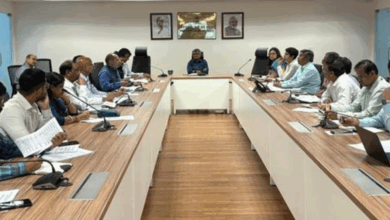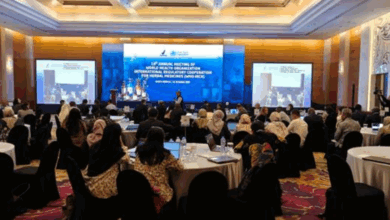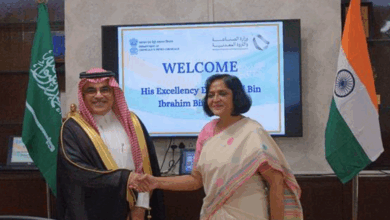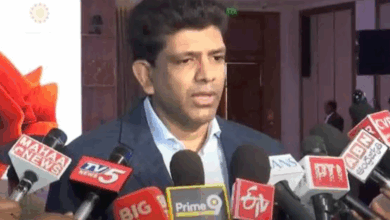NITI Aayog to Release State Energy and Climate Index on 11 April
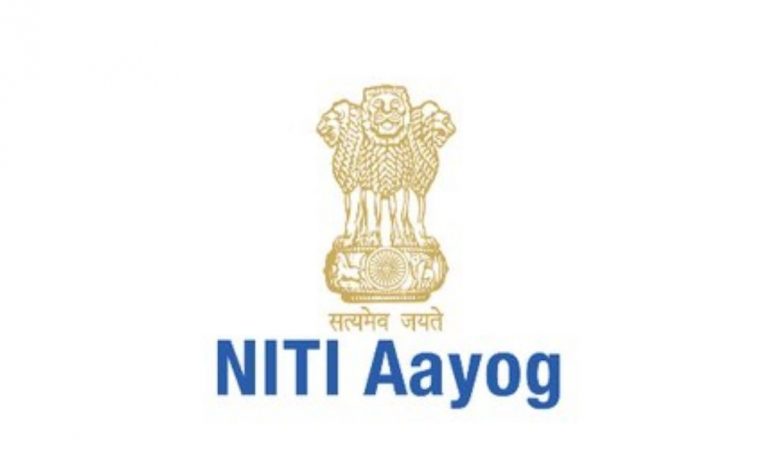
NITI Aayog will release the State Energy and Climate Index-Round 1 on 11 April 2022.
The index will be released by NITI Aayog Vice-Chairman Dr Rajiv Kumar, in the presence of NITI Aayog Member Dr VK Saraswat and CEO Amitabh Kant, secretaries of various government departments and stakeholders from the energy sector.
The State Energy and Climate Index (SECI) Round-1 aims to rank states and UTs on six parameters: (1) Discoms’ Performance (2) Access, Affordability and Reliability of Energy (3) Clean Energy Initiatives (4) Energy Efficiency (5) Environmental Sustainability; and (6) New Initiatives. These parameters include a total of 27 indicators. Based on the outcome of SECI Round-1 scores, states and union territories have been categorized into three groups: ‘Front Runners’, ‘Achievers’, and ‘Aspirants’.
The index can be used by the states and UTs to benchmark their performance against their peers, analyze the potential challenges to develop better policy mechanisms, and efficiently manage their energy resources.
Disclaimer : This is an official press release by PIB.



